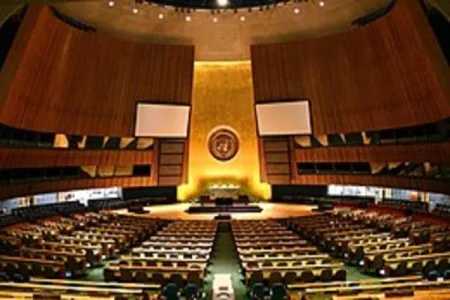
The ICJ declares Israel's occupation of Palestinian territories unlawful, urging all states not to recognize or support it. The court calls for an end to the occupation and settlement activities, stressing the need for reparations and direct negotiations for a two-state solution.
The United Nations International Court of Justice (ICJ) declared that Israel’s continued occupation of the Palestinian territories, including East Jerusalem, is unlawful.
This advisory opinion was issued in response to a request from the UN General Assembly to assess the legal consequences of Israel's policies and practices in the occupied regions.
While ICJ advisory opinions are not legally binding, they carry significant weight in shaping international policies and applying moral pressure on the states involved.
The Court concluded that Israel must end its occupation and cease all settlement activities immediately. It also emphasized that Israel must make reparations for the damages caused.
The ICJ further stated that all states are obligated not to recognize the legality of Israel’s actions in the occupied territories. They must also refrain from assisting in maintaining the situation created by Israel’s ongoing occupation. Additionally, international organizations, including the UN, are expected to take steps to end the unlawful presence of Israel in these territories.
Following the ICJ's opinion, UN Secretary-General António Guterres reiterated the need for Israel and Palestine to re-engage in the political process to resolve the conflict. He emphasized the vision of two states living peacefully side by side within recognized borders, based on pre-1967 lines, with Jerusalem as the shared capital.
Israel’s Foreign Ministry rejected the ICJ’s opinion, describing it as fundamentally flawed and biased. The ministry reiterated that a resolution to the conflict can only be achieved through direct negotiations.
The General Assembly had adopted a resolution in December 2022, requesting the ICJ’s advisory opinion. The opinion outlines the legal implications of Israel’s actions on the rights of the Palestinian people, including their right to self-determination and the impact on Jerusalem’s demographic composition and status.




